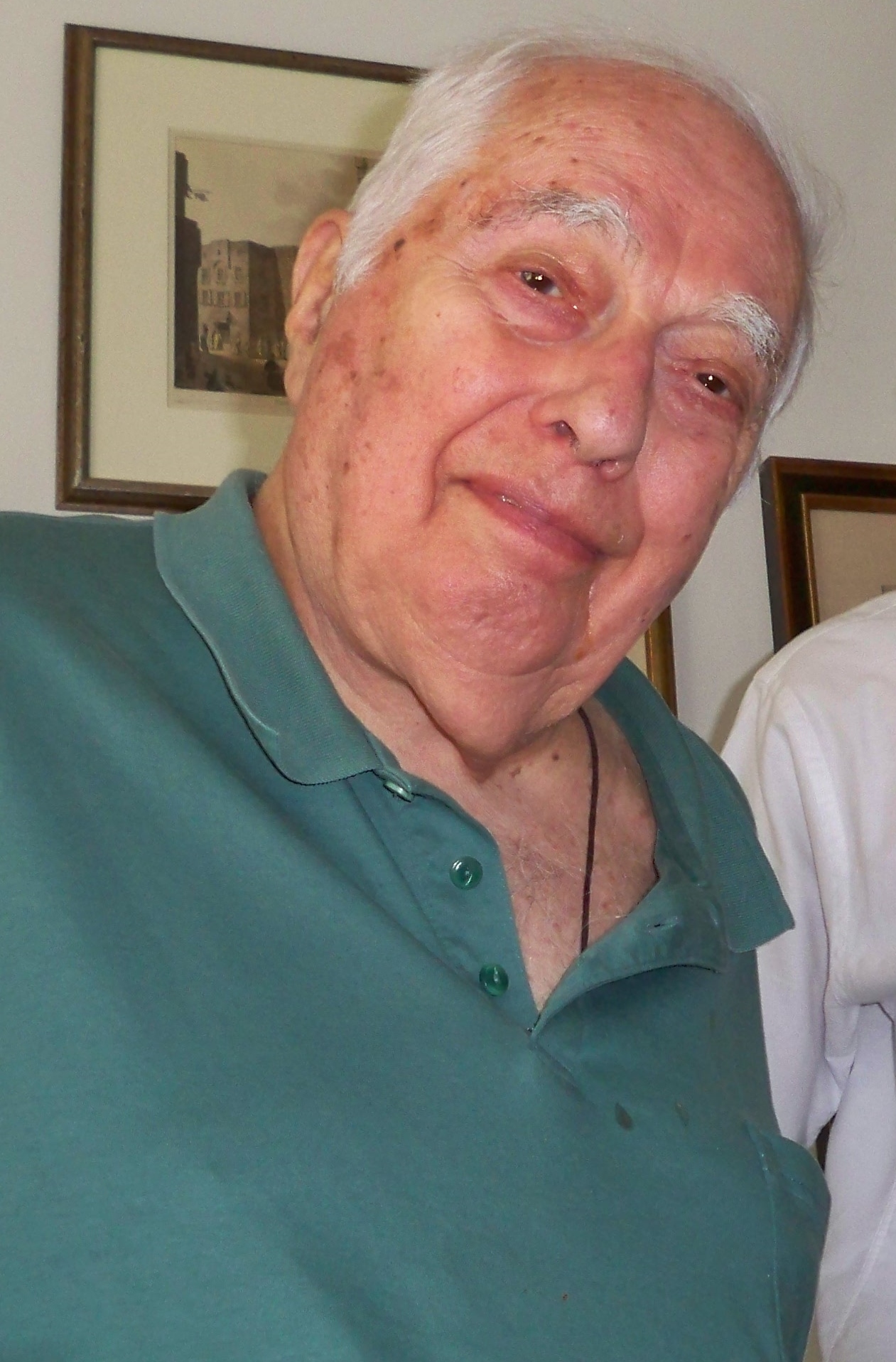Interviews
Bernard Lewis citations célèbres
Islam, 2005
Europa wird sich als Teil des arabischen Westens sein, des Maghrebs. Dafür sprechen Migration und Demographie. Europäer heiraten spät und haben keine oder nur wenige Kinder. Aber es gibt die starke Immigration: Türken in Deutschland, Araber in Frankreich und Pakistaner in England. Diese heiraten früh und haben viele Kinder. Nach den aktuellen Trends wird Europa spätestens Ende des 21. Jahrhunderts muslimische Mehrheiten in der Bevölkerung haben.
de
Interviews
Bernard Lewis: Citations en anglais
Books, The Return of Islam (1976)
Books, Islam and the West: A Conversation with Bernard Lewis (2006)
Books, Islam and the West: A Conversation with Bernard Lewis (2006)
Books, Islam and the West: A Conversation with Bernard Lewis (2006)
Books, The Roots of Muslim Rage (1990)
Books, The Return of Islam (1976)
Books, The Return of Islam (1976)
Books, Islam and the West: A Conversation with Bernard Lewis (2006)
Books, The Return of Islam (1976)
Books, Islam and the West: A Conversation with Bernard Lewis (2006)
Books, The Roots of Muslim Rage (1990)
Books, The Roots of Muslim Rage (1990)
Books, Islam and the West: A Conversation with Bernard Lewis (2006)
Books, From Babel to Dragomans (2004)
Books, Islam and the West: A Conversation with Bernard Lewis (2006)
Books, Islam and the West: A Conversation with Bernard Lewis (2006)
Source: Books, Islam: The Religion and the People (2008), p. 151.
Books, Islam and the West: A Conversation with Bernard Lewis (2006)
https://www.welt.de/print-welt/article211310/Europa-wird-islamisch.html
WELT: Hat bisher jemand Ihre These, wonach Europa am Ende des Jahrhunderts islamisch sein werde, entkräften können?
Lewis: Ein Argument wäre, daß Moslems bald das demographische Muster Europas übernehmen. Aber ich sagte ohnehin, sofern die aktuellen Trends der Immigration und Demographie bleiben, dann wird Europa islamisch werden. Freilich gab es bislang keine große Änderung in diesen Trends.
Interviews
Books, The Return of Islam (1976)
Books, The Roots of Muslim Rage (1990)
Books, The Return of Islam (1976)
Books, Islam and the West: A Conversation with Bernard Lewis (2006)
Books, Islam and the West: A Conversation with Bernard Lewis (2006)
Books, The Return of Islam (1976)
Source: Books, Islam: The Religion and the People (2008), p. 146.
Books, The Roots of Muslim Rage (1990)
Books, Islam and the West: A Conversation with Bernard Lewis (2006)
Books, The Roots of Muslim Rage (1990)
Books, Islam and the West: A Conversation with Bernard Lewis (2006)
